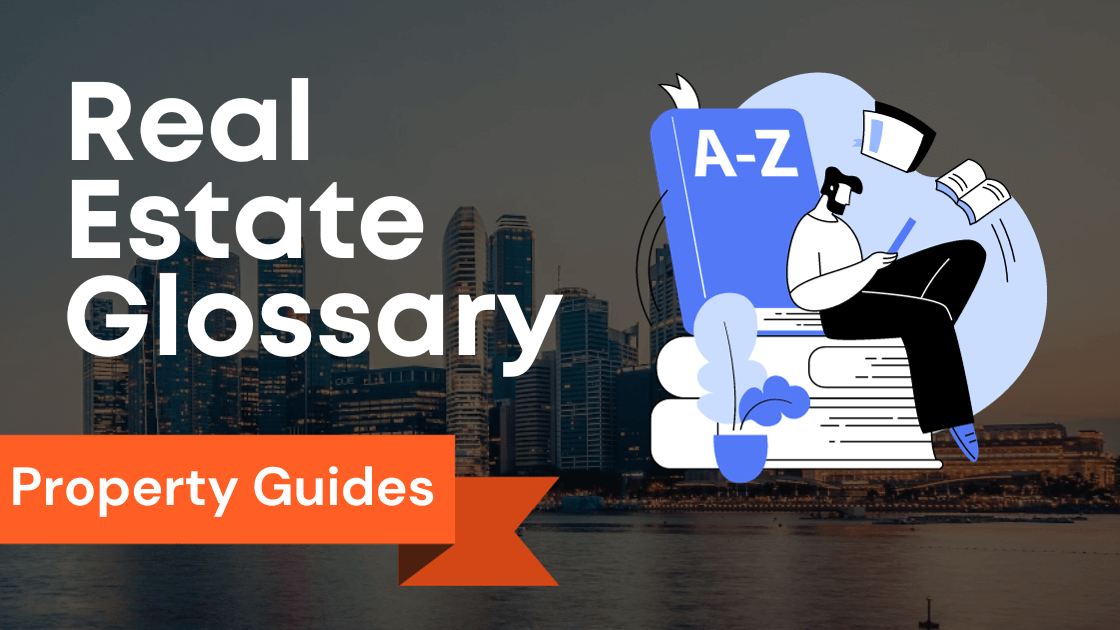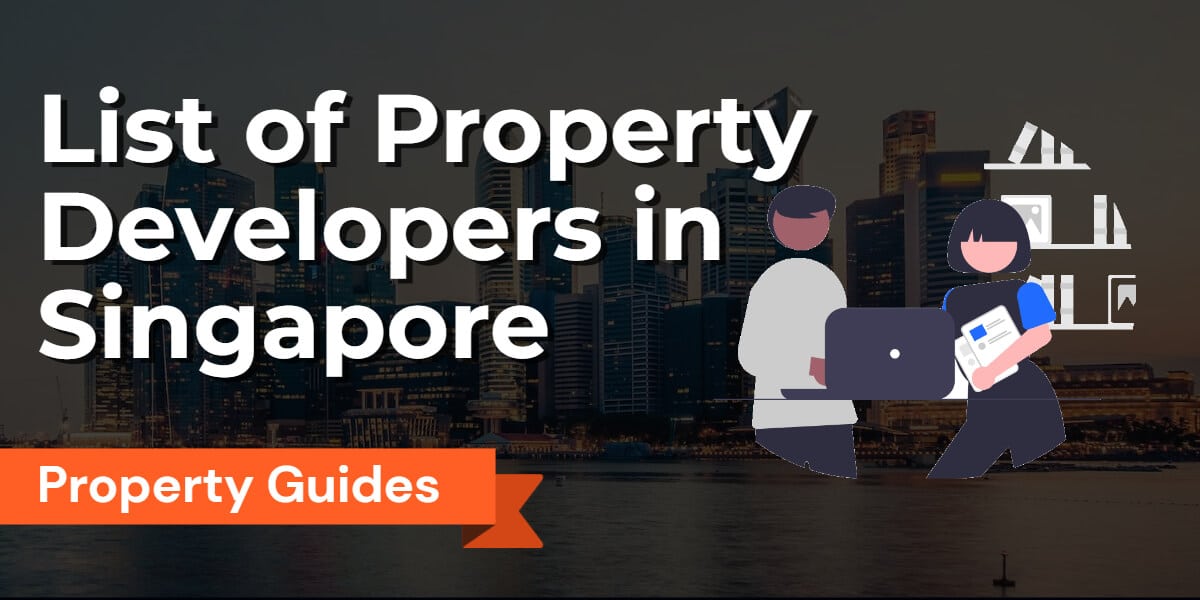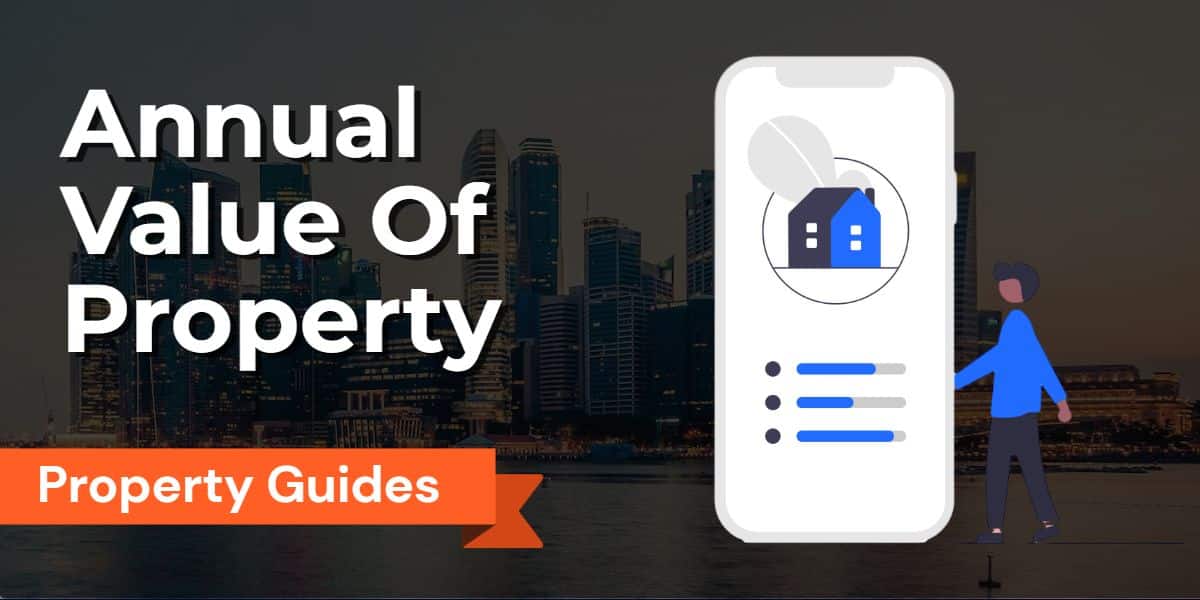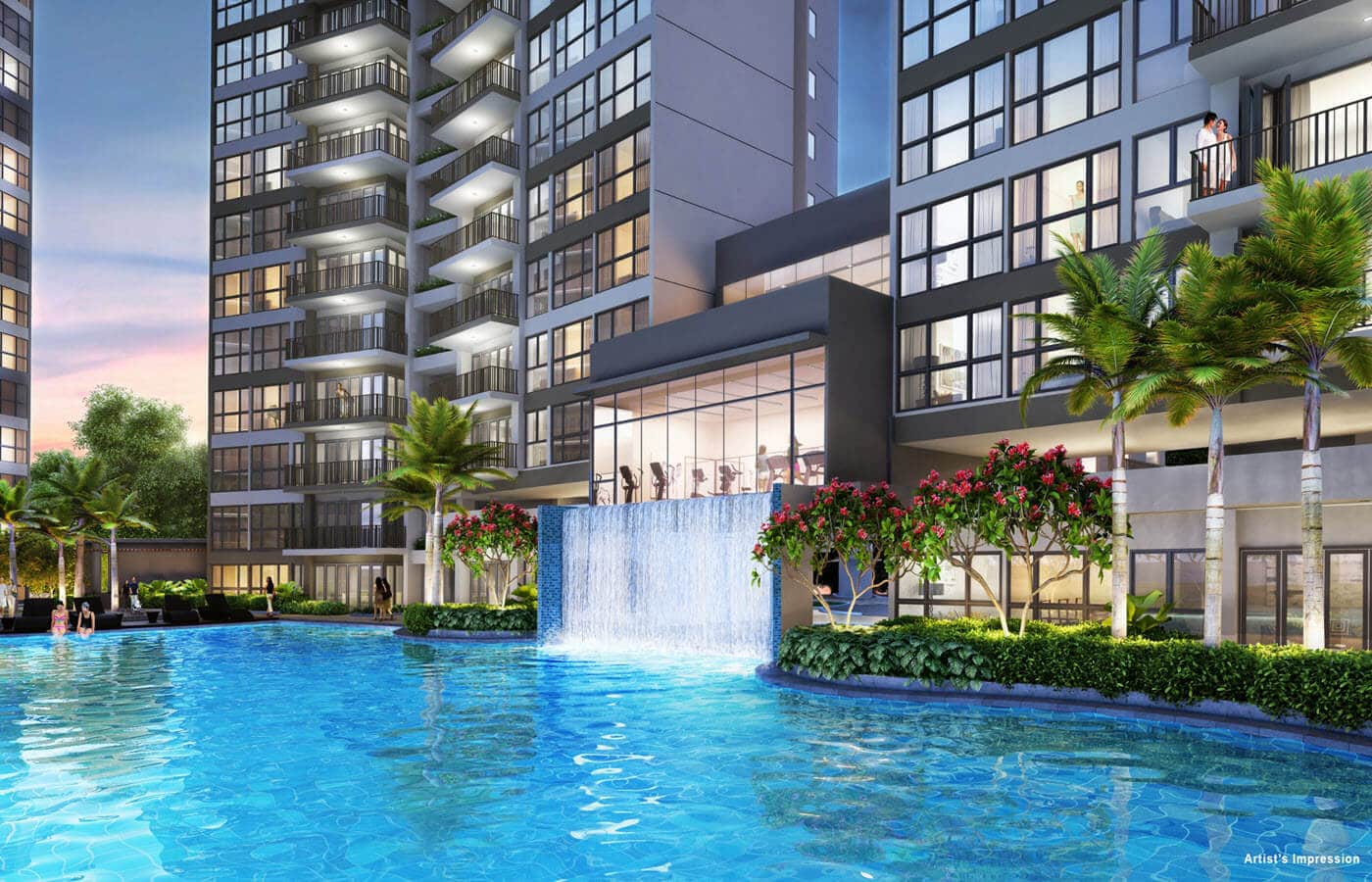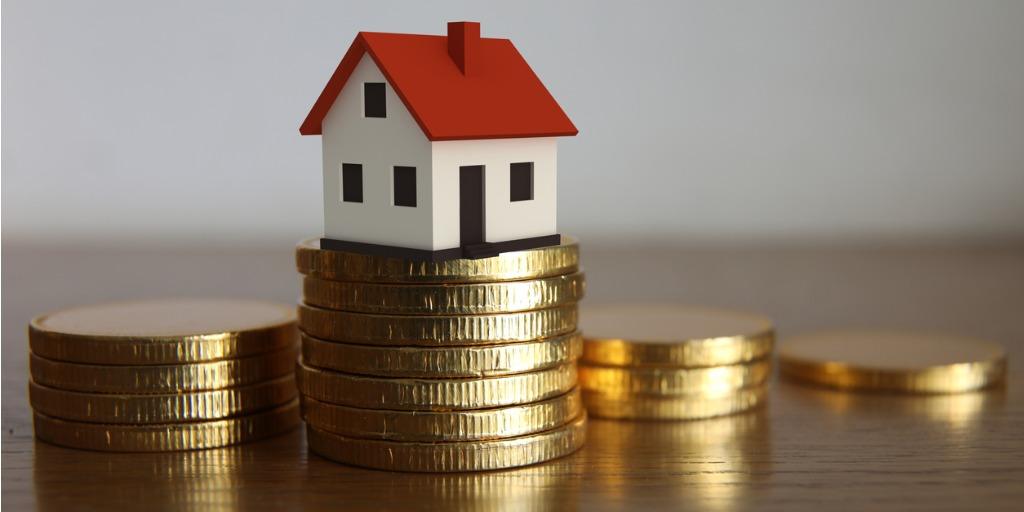
HDB flats are affordable housing units provided by the Singaporean government.
In this guide, we’ll cover the types of ownership, transfer procedures, eligibility criteria, and the role of lawyers in the process.
You’ll also learn about conveyancing, required documents, potential challenges, financing options, and common mistakes to avoid.
Whether you’re a current owner or planning to transfer HDB flat ownership, this guide will provide the essential information you need to navigate the process smoothly.
Get ready to dive into the world of HDB flat right and transfer!
Key Takeaways
| Topic | Key Takeaway |
|---|---|
| HDB Flat Ownership | HDB flats are subsidized housing units provided by the Singaporean government for low to middle-income families. |
| Types of Flat Ownership in HDB | There are two types of flat ownership in HDB: Joint Tenancy and Tenancy-in-Common. |
| HDB Transfer of Ownership | HDB transfer of ownership refers to the process of transferring the ownership of an HDB flat to another person. |
| Eligibility Criteria for Transfer | The proposed owner must be eligible to buy an HDB flat, and the existing owner must meet the eligibility conditions for transfer of ownership. |
| Minimum Occupation Period | The minimum occupation period for an HDB transfer of ownership is five years. |
| Role of a Lawyer in Conveyancing | While not mandatory, it is highly recommended to hire a lawyer for the conveyancing process to ensure a legally binding transaction. |
| Required Documents for Ownership Transfer | Required documents include identification documents, marriage/divorce/death certificates, CPF statements, and payment receipts. |
| Role of HDB and Development Board | HDB ensures the transaction is legally binding, while the Development Board checks eligibility criteria and regulatory compliance. |
| Stamp Duty in Ownership Transfer | The stamp duty fee for HDB ownership transfer depends on the market value of the property. |
| HDB Remission and Stamp Duty | HDB remission provides a refund on stamp duty when ownership transfers to immediate family members. |
| Transfer of Ownership: Private Property vs. HDB Flat | The ownership transfer process differs for private properties and HDB flats. |
| Conveyancing Procedure | The conveyancing process involves verifying eligibility, obtaining a resale checklist, engaging a lawyer, signing legal documents, and more. |
| Disputes and Challenges | Disputes can arise during the ownership transfer process, and legal counsel may be required to address them. |
| Role of Lawyers in Ownership Transfer | Lawyers play a crucial role in ensuring the transfer process is legally sound, reviewing documentation, and advising on legal implications. |
| Housing Subsidies and Ownership Transfer | Housing subsidies can lower the overall cost of flat ownership and affect the transfer process. |
| Minimum Occupation Period (MOP) | The MOP is the minimum duration a flat owner must occupy the flat before changing ownership. |
| Financing Options: Bank Loans and HDB Loan | Financing options include bank loans, mortgage loans, and HDB loans, each with different terms and providers. |
| Common Mistakes to Avoid | Common mistakes include not understanding asset matters, inadequate division of assets in divorce cases, and forgetting to settle loans. |
Understanding HDB Flat Ownership and Transfer Procedures
What is an HDB Flat?
An HDB flat is a subsidized housing unit the Singaporean government provides for low- to middle-income families.
These flats can be purchased by eligible buyers who meet specific criteria and are considered affordable options within the housing market.
What are the types of flat ownership in HDB?
There are two types of flat ownership in HDB: Joint Tenancy and Tenancy-in-Common.
Joint Tenancy means that each owner has an equal share in the flat, and in the event of a co-owners death, the surviving co-owner(s) will automatically inherit their share.
Tenancy-in-Common means that each owner has a specific claim in the flat and has the right to leave their share to whomever they choose in case of death.
What is HDB Transfer of Ownership?
HDB transfer of ownership refers to the process where existing HDB flat owners transfer the ownership of their flat to another person.
The transfer of ownership can occur by sale, gift, or inheritance.
Eligibility Criteria for HDB Transfer of Ownership

Who is eligible to transfer HDB flat ownership?
Flat owners who wish to transfer their HDB flat ownership can do so anytime during the flat request.
However, a criterion must be met before a transfer can take place.
The proposed owner’s must be eligible to buy an HDB flat, and the existing owners can change the ownership, must meet the eligibility conditions to transfer flat ownership.
What is the minimum occupation period for HDB transfer of ownership?
The minimum occupation period for an HDB transfer of ownership is five years.
This is when the flat owner must occupy the property before they can sell or transfer ownership.
Can an HDB owner transfer ownership without a lawyer?
It is not mandatory to hire a lawyer to transfer HDB flat ownership.
However, it is highly recommended to do so since conveyancing is complex, and ensuring the transaction is legally binding is crucial.
Exploring the Conveyancing Procedure for HDB Transfer
What is conveyancing, and how does it apply to HDB transfer of ownership?
Conveyancing refers to the legal process of transferring property ownership from one party to another.
It applies to HDB transfer of ownership since the flat ownership registration must occur through the HDB branch.
What are the steps involved in HDB flat ownership transfer?
The HDB flat ownership transfer process involves several steps, including:
- Verify your eligibility criteria for the transfer of ownership
- Request a resale checklist from the HDB branch
- Engage a lawyer to handle the conveyancing procedure
- Sign the Option to Purchase (OTP)
- Pay the deposit and grant (if applicable)
- Complete the resale application form and submit all documents to the HDB branch
- Attend the final appointment with all parties involved to complete the transaction
What is the role of a lawyer in the conveyancing process?
The lawyer is responsible for ensuring that the entire conveyancing process is carried out correctly.
They will check all necessary documentation, including title deeds, mortgage deeds, and property records, and ensure no legal obstacles to the transfer of ownership.
Required Supporting Documents for HDB Ownership Transfer

What are the documents required for HDB transfer of ownership?
The following documents are required for the HDB transfer of ownership:
- Identity card (IC) or passport of all flat owners and proposed owners
- Marriage certificate (if applicable)
- Divorce certificate (if applicable)
- Death certificate (if applicable)
- Last CPF Board statement (if using CPF)
- Power of Attorney (if applicable)
- Stamp duty payment receipt
Are there any additional documents required for divorced or deceased persons?
Yes, additional documents may be required for divorce or deceased persons, such as the court’s final judgment in the case of a divorce, a Grant of Probate, or Letters of Administration from the court in the case of a deceased estate.
What is the role of CPF in HDB flat ownership transfer?
Central Provident Fund (CPF) is a mandatory savings scheme in Singapore.
It plays a vital role in HDB ownership transfer by providing down payments, monthly installments, or servicing mortgage loans.
Flat owners can use their CPF to pay the initial deposit or monthly installments for their HDB flat loan.
Role of the HDB and Development Board in Ownership Transfer
What is the role of HDB in the ownership transfer of an HDB flat?
HDB’s role in ownership transfer is to ensure that the transaction is legally binding and that all parties comply with the eligibility criteria and procedures.
What is the role of the Development Board in the ownership transfer process?
The Development Board assists with checking the eligibility criteria and ensuring that the property transaction satisfies all regulatory requirements.
How much is the stamp duty fee for HDB ownership transfer?
The stamp duty fee for HDB ownership transfer depends on the property’s market value.
For example, if the market value is under $360,000, the stamp duty fee is 1% or $5000, whichever is higher.
If the market value is above $1 million, the stamp duty fee is 4%.
HDB Remission and Stamp Duty in Ownership Transfer
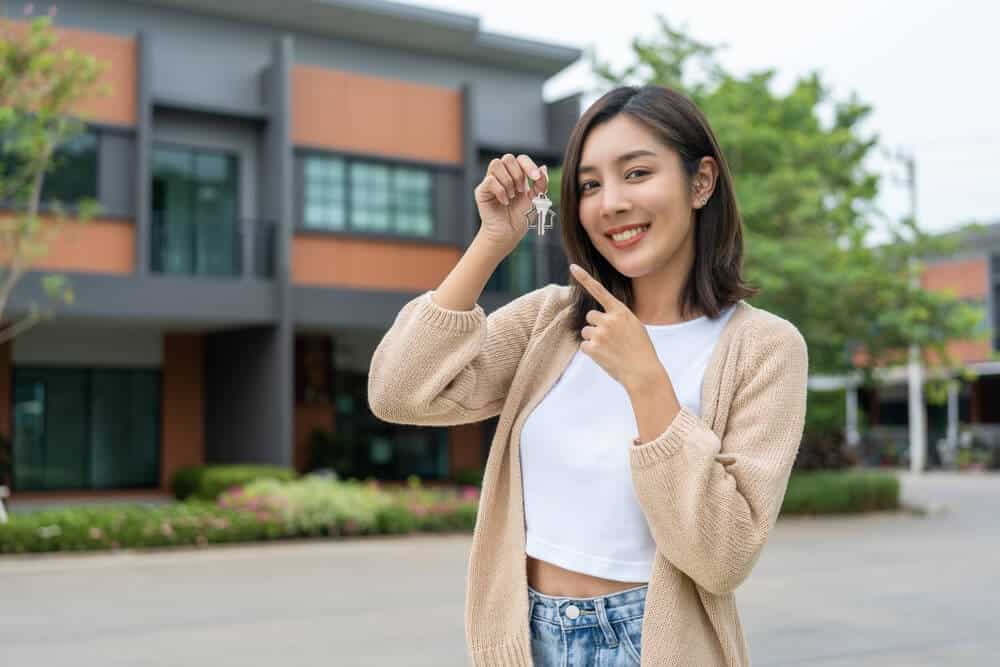
What is HDB remission?
HDB remission is a refund on a buyer’s stamp duty when an HDB flat’s ownership is transferred to immediate family members via inheritance or gift.
Immediate family members include spouses, parents, children, or siblings.
If the transfer of ownership does not meet the eligibility schemes, the remission will be pro-rated and reduced.
What is stamp duty, and how does it affect ownership transfer?
Stamp duty is a tax that property buyers must pay when they purchase or acquire a property in Singapore.
Stamp duty on ownership transfer is payable based on the market value or the actual sale consideration, whichever is higher.
Owners must pay this amount within two weeks after the completion date.
Are there any exemptions for stamp duty?
Yes, there are certain exemptions for stamp duty, such as when HDB ownership transfers between immediate family members, including parents, children, and spouses, without monetary consideration.
For example, if a spouse transfers ownership of their HDB flat to their partner, there is no need to pay stamp duty.
If a monetary consideration is involved, the stamp duty payable is computed based on the actual amount paid, subject to BSD (Buyer’s Stamp Duty) rates.
Transfer of Ownership: Private Property vs. HDB Flat
What are the differences in ownership transfer for private properties and HDB flats?
The ownership transfer process and requirements differ for private properties and HDB flats.
HDB flat owners must fulfill specific eligibility criteria when transferring ownership, including fulfilling the Minimum Occupation Period (MOP) and a resale levy for second-timers buying another HDB flat.
For private property, the legal procedure is governed by the law and agreements between the parties involved.
Are there any additional requirements for HDB flat ownership transfer?
Yes, there are additional requirements when transferring HDB flat ownership.
In addition to fulfilling the MOP and a resale levy, HDB flat owners must appoint an HDB lawyer to handle the conveyancing process.
They must also prepare for an estimated fee payable, which includes legal fees, CPF monies, fire insurance, and other payments.
What is the process for transferring ownership of a private property?
Transferring ownership of private property is governed by the law and agreements between the parties involved.
Owners can change ownership through an exit of one party or by a sale of the property.
Conveyancing must be completed within three months of the purchase agreement or upon the lender’s notice.
Conveyancing Procedure: Step-by-Step Guide for Ownership Transfer

What is conveyancing?
Conveyancing is the legal process of transferring ownership and title of a property from one party to another.
This process starts when the existing and proposed owners agree on the terms and conditions of the ownership transfer.
What are the steps involved in the conveyancing process for ownership transfer?
The conveyancing process involves various steps, such as preparing and signing relevant documents, paying legal fees and other monetary compensation, and registering the transfer with the authorities.
The conveyancing process for ownership transfer also involves confirming outstanding payments and fees, such as property tax, service, and conservancy charges.
Who is responsible for the conveyancing process?
Both the incoming and outgoing owners are responsible for the conveyancing process.
They must appoint their HDB lawyer, fulfill outstanding payments, and provide the required documents.
Important Considerations for HDB Ownership Transfer
Can I transfer HDB ownership to a non-family member?
HDB flat ownership can only transfer to immediate family members, including parents, children, siblings, and spouses.
Non-family members, including friends or business associates, cannot take ownership of an HDB flat.
What is the process for transferring ownership between co-owners?
The transfer of ownership shared between co-owners involves changing the percentage of each co-owners share in the property.
All parties involved must provide consent for the transfer, and they must also settle any outstanding payments or fees.
A monetary consideration may need to be paid depending on the transfer agreement.
What happens if there are outstanding payments or fees?
All outstanding payments and fees, including property tax, service, and conservancy charges, must be settled before the ownership transfer.
Once the ownership transfer is finalized, the new owners will assume all responsibilities and liabilities for the HDB flat.
Potential Challenges and Issues in HDB Ownership Transfer

What happens if one of the existing owners does not consent to the transfer?
The transfer of ownership requires consent from all parties involved.
If one of the existing owners does not consent to the transfer, they can refuse to sign the legal documents necessary for the ownership transfer.
In such cases, seeking legal counsel to address any issues is essential.
What is the role of CPF monies in ownership transfer?
CPF monies play a significant role in ownership transfer and can be used to offset outstanding mortgage repayments.
CPF monies are subject to certain conditions and regulations, and it is essential to consult with the relevant authorities to understand the process thoroughly.
What should I do if there is a dispute during the ownership transfer process?
Disputes can arise during the ownership transfer process, and it is vital to address them immediately to prevent any delays or legal issues.
It is recommended to seek legal counsel or mediation services to resolve any disputes that may arise during the transfer of ownership.
The Role of Lawyers in HDB Ownership Transfer
Why is a lawyer necessary in the HDB transfer of ownership?
In transferring HDB ownership, legal advice, and guidance play a significant role in ensuring that the process is carried out efficiently and with minimal errors.
Experienced family lawyers are essential throughout the entire transfer process due to the complexity of the legal documentation.
They are instrumental in providing expert advice on the legal implications and requirements.
What are the responsibilities of a lawyer in the HDB ownership transfer process?
The responsibilities of an experienced family lawyer in the HDB ownership transfer process include the following:
- Conducting the necessary due diligence on the legal ownership status of the property.
- Scrutinizing the financial obligations of the outgoing party.
- Reviewing the relevant documentation required to effect the transfer of ownership.
How can I find an experienced family lawyer for HDB ownership transfer?
When finding an experienced family lawyer for an HDB ownership transfer, conducting thorough research and seeking referrals from trusted sources is essential.
A private lawyer specializing in property matters can assist you in the legal aspects involved in the process.
Your lawyer can offer legal advice and ensure you have everything required before initiating the transfer process.
Exploring Housing Subsidies and Ownership Transfer

What are housing subsidies, and how can they affect the HDB transfer of ownership process?
Housing subsidies are designed to help Singaporean citizens and Singapore Permanent Residents (SPRs) finance and retain their flats.
They may include financing options such as the CPF Housing Grant, the Additional CPF Housing Grant (AHG), and the Special CPF Housing Grant (SHG).
Housing subsidies can significantly affect the ownership transfer process by lowering the overall cost of flat ownership.
What are the financial institutions that offer housing subsidies?
Financial institutions, including banks and the Housing and Development Board (HDB), offer housing subsidies.
Banks offer financing options such as bank and mortgage loans to help eligible homeowners finance their property purchases.
Meanwhile, HDB offers loans, such as the HDB Loan, to help eligible homeowners retain their flats.
How can I determine my eligibility for housing subsidies in HDB ownership transfer?
You can determine your eligibility for housing subsidies by reviewing your financial status, citizenship status, and remaining co-owners.
Financial institutions and government agencies require applicants to meet specific eligibility requirements before processing the loan application.
It is essential to consider your financial capacity and ensure eligibility before applying for a housing subsidy.
Understanding the Minimum Occupation Period in HDB Ownership Transfer
What is the Minimum Occupation Period (MOP), and how does it affect HDB ownership transfer?
The Minimum Occupation Period (MOP) is the minimum duration a flat owner must occupy before changing ownership.
The MOP varies depending on the flat type – for example, it is five years for resale flats.
The MOP is an essential factor to consider in HDB ownership transfer as it affects the eligibility of the transfer process, and owners who do not meet the MOP requirements may incur penalties.
Can I transfer my HDB ownership before the Minimum Occupation Period ends?
No, you cannot transfer your HDB ownership before the Minimum Occupation Period ends unless the transfer is due to the passing of a co-owner or divorce.
In such situations, the outgoing party must provide evidence to show that they no longer have any legal ties to the flat.
Other reasons for transferring ownership will require you to complete the MOP first.
What are the penalties for transferring HDB ownership before the Minimum Occupation Period ends?
The penalties for transferring HDB ownership before the Minimum Occupation Period ends include the Additional Buyer’s Stamp Duty (ABSD) and the Seller’s Stamp Duty (SSD).
The ABSD is a charge imposed on the new incoming party, while the SSD is set on the outgoing party.
Both are non-negotiable fees payable to the government for the property transfer.
Financing Options: Bank Loans and HDB Loan in Ownership Transfer

What are the financing options available in HDB ownership transfer?
The financing options for HDB ownership transfer include bank loans, mortgage loans, and HDB loans.
Banks and mortgage loans are available to private property owners who plan to purchase an HDB flat.
Meanwhile, HDB loans are only available for eligible flat owners who plan to retain their flats.
What are the differences between a bank loan and an HDB loan in HDB ownership transfer?
The main difference between bank and HDB loans in HDB ownership transfer is who provides the financing.
Banks include bank loans, while HDB loans are provided by the Housing and Development Board (HDB).
Banks typically offer higher loan amounts and longer durations, while HDB loans offer lower interest rates and admin fees.
How can I determine which financing option is best for me in an HDB ownership transfer?
When choosing the financing option that is best for you, it is essential to consider your financial circumstances and eligibility.
Your financial situation, existing loan obligations, and credit score are crucial factors affecting your loan application and approval.
Common Mistakes to Avoid in HDB Transfer of Ownership
What are some common mistakes people make in HDB transfer of ownership?
Common mistakes people make in HDB transfer of ownership include:
- Not understanding the asset matters.
- Separating matrimonial assets appropriately.
- Dividing assets in divorce cases.
Additionally, people must correct their errors when they need to remember to settle outstanding loans.
The penalty for doing so includes the Seller Stamp Duty.
How can I avoid making these mistakes in HDB transfer of ownership?
To avoid making common mistakes in HDB transfer of ownership, seeking legal advice and guidance from an experienced family lawyer is essential.
They can help you understand the legal implications and requirements of the transfer process and provide guidance on how to approach it legally and efficiently.
What are the fees payable in HDB transfer of ownership, and how can I prepare for them?
The fees payable in the HDB transfer of ownership include the legal fees and the ABSD.
The exact amount of legal fees will depend on the complexity of the case and the lawyer’s fees.
As for the ABSD, it may vary depending on the number of property counts and the ownership status of the transferor.
To prepare for these fees, you must accurately estimate the amount and ensure you have the necessary funds.
Conclusion
In conclusion, understanding the procedures and requirements for HDB flat ownership transfer is crucial for anyone looking to transfer their ownership to another person.
It is essential to be aware of the different types of flat ownership in HDB, such as Joint Tenancy and Tenancy-in-Common, and the eligibility criteria for the transfer.
The HDB transfer of ownership process involves several steps, including verifying eligibility criteria, engaging a lawyer for conveyancing, signing the Option to Purchase, completing the resale application form, and attending the final appointment.
Hiring a lawyer is highly recommended to ensure a legally binding transaction.
Frequently Asked Questions
What is HDB transfer of ownership?
HDB transfer of ownership refers to changing the legal right of an HDB flat.
When an HDB owner wants to transfer ownership of their flat, they must apply to HDB and go through the necessary procedures.
Why would someone need to change the ownership of their HDB flat?
There are various reasons why someone might need to change the ownership of their HDB flat.
In the event of a divorce, the ownership of the flat may need to be transferred to one of the parties.
Similarly, if an owner passes away apartment eir share in the flat would need to be transferred to their beneficiaries.
Who can change the ownership of an HDB flat?
Owners of HDB flats can change the own apartment tip of their flats.
If the flat has more than one owner or co-owner, all parties involved must agree to the transfer before it can be carried out.
What happens if the sole owner of an HDB flat passes away?
If the sole owner of an HDB flat passes away, their share in the flat would be in their estate and would be distributer will or by the Intestate Succession Act if there is no will.
The executor or administrator of the estate would need to apply to HDB to transfer the ownership of the flat.
Can an HDB flat be transferred to an occupier who is not the owner?
No, an HDB fltransferred to someone who is a legal owner of the flat.
However, if you are an occupier and wish to become a legal owner, you can apply to purchase the apartment under any of HDB’s eligibility schemes.
Is it possible for a married couple to transfer ownership of their HDB flat to one another?
A married couple can transfer ownership of their HDB flat to one another.
They must apply to HDB and provide the necessary documents to support the transfer.
What is an HDB Transfer of a Flat upon Death?
HDB Transfer of Flat upon Death is a scheme that allows the transfer of an HDB flat to the beneficiaries of a deceased flat owner.
This scheme applies when all the owners of the flat pass away without disposing of their share in the flat under a will or by the Intestate Succession Act.
Must the co-owner of an HDB flat approve the transfer of ownership?
Yes, the co-owner of an HDB flat must approve the transfer of ownership before it can be carried out.
This ensures that all parties involved agree with the transfer and that there are no disputes at a later stage.
Must outstanding payments be settled before an HDB transfer of ownership can take place?
All outstanding payments must be settled before an HDB transfer of ownership can occur.
This includes any due mortgage payments, property tax, or other fees related to the flat.











